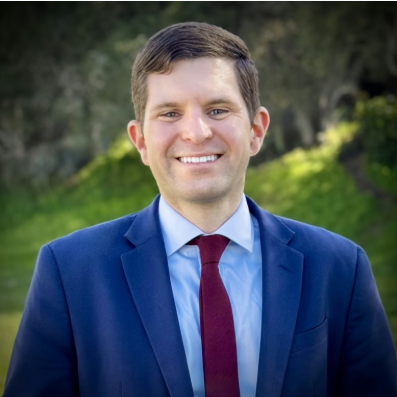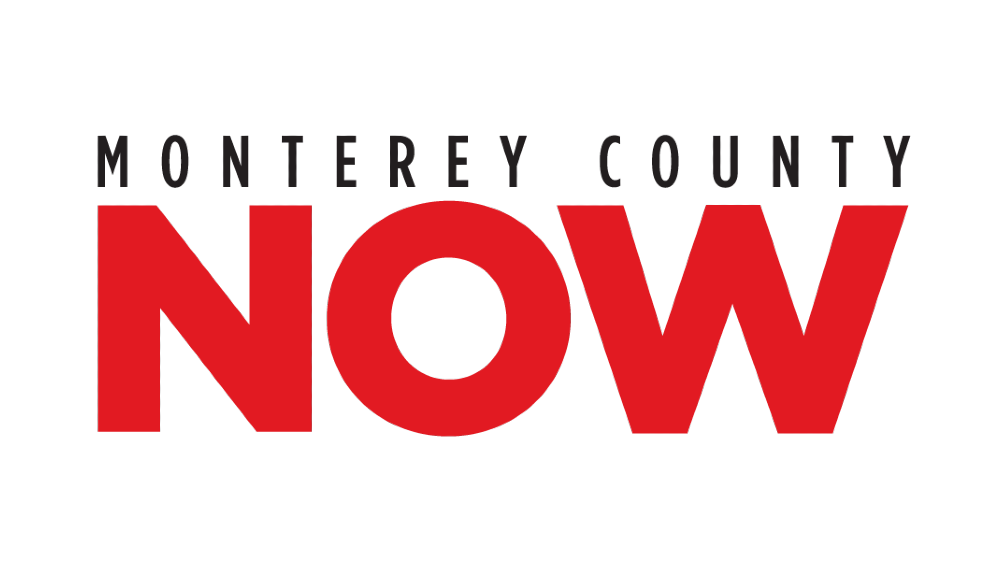
MMIP Training conference
for law enforcement, legal, and helping professionals
Friday, November 14th, 2025
9:00 am - 5:00 pm
at
Portola Hotel & Spa
Monterey, CA
about the mmip training
Across the state, generations of California Natives, Indigenous individuals, and Tribes mourn missing and murdered parents, siblings, children and grandchildren. This is a historical, social, and civil rights tragedy, and speaks to an abiding cultural wounding that deserves national attention.
This MMIP Training Conference is a localized response, calling for systemic relational improvement between legal systems, law enforcement, and California Native Tribes, both landed and urban, recognized and unrecognized.
What to expect
Development of effective MMIP response protocols between community agencies
Education on the intersections of MMIP cases with other crimes (e.g., domestic violence, sexual assault, stalking, and human trafficking)
Resources for mediation, reconciliation, and healing services for families and survivors, as offered in accordance with tribal and urban Native-Indigenous values, beliefs, and practices
Best practices for trust-building with Native tribes, groups, and families, as well as techniques to recognize, identify, and assist high-risk individuals living on tribal lands and in urban settings
lead trainers
-

Janet K. Bill
CHUKCHANSI
Director of Native American Affairs, Office of the Attorney General of California & Chief Justice, Tule River Indian Tribe of California. (To be confirmed)
-

Donna Bakich
Deputy District Attorney
Monterey County -

Matthew L'Heureux
Assistant District Attorney
Monterey County -

Maija Danilova West
Retired attorney, specializing in supporting Native communities and domestic violence survivors
-

Cheyenne Bond
CHOCTAW
Enhanced Care Management Lead, MMIP Advocate and Educator, Bakersfield American Indian Health Project (BAIHP)
-

Tara Gray
AHTNA ATHABASCAN
Tribal Liaison, MMIP Advocate and Educator, Bakersfield American Indian Health Project (BAIHP)
*mmip training schedule
*Schedule items may be subject to change
morning sessions
7:30 - 9:00
-
Complimentary continental breakfast will be provided
9:00 - 9:30
-
Welcome Remarks Presented by Sand City Mayor Mary Ann Carbone (Chumash)
Land Acknowledgment Presented by Andrew MacDonald (Esselen)
10:00 - 12:00
-
Morning Session #1: MMIP INVESTIGATIONS, CHALLENGES, AND SOLUTIONS
PRESENTED BY Chief Justice Janet K. Bill (Chukchansi)
Training Module 1: Addressing Challenges in MMIP Case Data Collection
There is a critical need for accurate & regularly updated data. Using Case Study Analysis, participants will review real-world MMIP cases where data inaccuracies hindered investigations, learn how to document and report MMIP cases to increase data accuracy and case resolution rates, and explore and propose solutions.Training Module 2: AB 1314 Feather Alert
Participants will learn about the Feather Alert System, and the criteria for its activation. They will then successfully initiate a Feather Alert using a real-time scenario, and take part in a mock Feather Alert activation exercise that simulates the alert process from case assessment to activation.Training Module 3: Investigatory Resources
Successful MMIP investigation requires seamless coordination across Tribal law enforcement, local and state law enforcement, federal agencies, and specialized task forces. MMIP best practices must involve establishing regional MMIP response teams that include Tribal, State, and Federal law enforcement agencies.In this training module, participants will identify jurisdictional challenges and develop strategies for cross-agency collaboration. Using a mock jurisdictional challenge exercise, they will work in teams to determine jurisdiction for a hypothetical MMIP case.
Training Module 4: Justice System Follow-Through
Many MMIP cases fail to result in prosecution due to evidence gaps, jurisdictional conflicts, and lack of resources. In this training module, using a mock case review discussion, participants will analyzea real MMIP case. They will discuss prosecution challenges, assess barriers to MMIP case prosecution, and propose solutions. MMIP best practices must include law enforcement staff offering families direct connections to support services immediately following an MMIP report.
Morning Session #2: HUMAN TRAFFICKING
PRESENTED BY Deputy District Attorney Donna Bakich
Participants will learn about the dynamics and manifestations of human trafficking. They will understand human trafficking laws, the use of therapeutically appropriate investigative techniques, and how to identify and communicate with trafficked victims. Using case study examples participants will have the opportunity to discuss the current efficacy and usefulness of current investigative tools in an MMIP context.
lunch break
12:15 - 1:30
Trainees are invited to explore any of the many options available at Fisherman’s Wharf or Alvarado Street, both of which are in close walking distance to our venue.
afternoon sessions
1:30 - 5:00
-
Afternoon Session #1: MMIP CASE STUDY #1
PRESENTED BY Assistant District Attorney, Matthew L’Heureux.
In this training module, participants will learn about NamUS–District Attorney Cold Case Task Force. This will follow into an MMIP homicide case-study: People v. Corrie Arriaga where participants will study the facts of the case, investigation by law enforcement, and prosecution efforts and outcomes. Small group discussions will be facilitated.
Afternoon Session #2: MMIP CASE STUDY #2
PRESENTED BY Consultant, Advisor and Strategic Facilitator, Maija Danilova West.
This training module examines a California case in which an Indigenous woman from Oaxaca, trafficked as a teen and later forced into family court by her alleged trafficker, navigated a custody process through a survivor-directed approach. Participants will learn how legal strategy, cultural safety planning, interpreter vetting, and trust-building with Indigenous communities can support survivors, while also addressing systemic failures and the historical, economic roots of trafficking. Small group discussions will be facilitated.
Afternoon Session #3: PROTECTIVE FACTORS AND COMMUNITY STRENGTH-BUILDING
PRESENTED BY MMIP Advocates, Educators, and Trainers Tara Gray (Ahtna Athabascan) & Cheyenne Bond (Choctaw)
In this training module, participants learn that MMIP protective factors are defined as culturally appropriate victim services. They will also learn that collaboration with Tribal wellness & cultural healing centers improve and empower victim recovery. Through the Resource Mapping Exercise, participants will be able map out available services in their region and identify gaps and identify and connect MMIP victims and families with culturally relevant support services.
thank you to our event sponsors
your support has been invaluable in bringing this training conference to life
As our Platinum Sponsor, FIGR’s generous support and steadfast commitment to Indigenous justice and community empowerment have been instrumental in making the 2025 Missing and Murdered Indigenous People Training Conference possible. We are deeply grateful for their leadership and partnership in this vital work. You can learn more about their activities at tribal initiatives by clicking here.
Pajaro Valley Ohlone
Indian Council
about sicg
SICG is a Native-led group of volunteers that support Native/Indigenous communities in their cultural protection, preservation, and social justice efforts. Under the leadership of Mayor Mary Ann Carbone (Chumash), we also bring together local tribal and supporting community organizations to strengthen our alliances and partnerships, and to collaborate on issues of urgent concern.
In 2023 SICG launched a strong local MMIP response in the form of the annual Red Dress Day: Raising Awareness of Murdered and Missing Indigenous People. This event brings in 200+ participants and attendees, with a broad array of sponsorships, media and televised coverage throughout Monterey County.
contact
For questions about SICG please email ISMANA CARNEY
SICG Vice-Chair & Project Director
ismanacarney@icloud.com
For questions about registration please email
MAYA SEDILLO
SICG Conference Registration Manager
sdllo.maya@gmail.com













